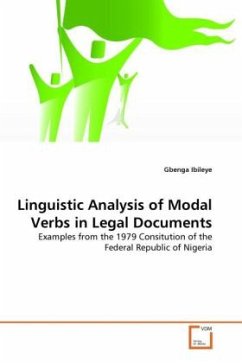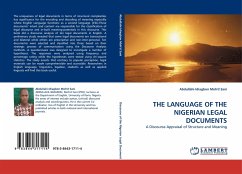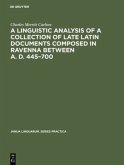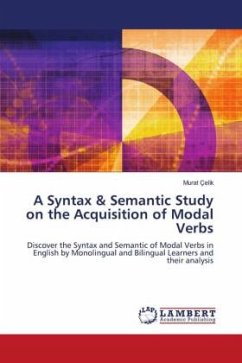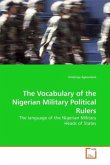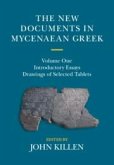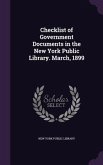Legal authorities alone are helpless in the interpretation of certain lexical items in legal drafting.Legal knowlege is dependent substantially on linguistic knowledge in spite of the long held view of legal authorities that the law should not be made subservient to grammar. In this compelling book, the author highlights the centrality of modal verbs to the understanding of constitutional provisions, using the 1979 constitution of the Federal Republic of Nigeria as example. The study relies on the pragmatic insights of speech acts and the deontic/epistemic components of syntax to show that understanding the orientation and direction of the communication in a modal verb is a neccesary requirement for the interpretation of its constitutional import. The book asserts that the nature of authoritative assertiveness of the state in every modern democracy makes the use of modals such as 'shall', 'will' and 'may', which are draconian in provision essential and useful.
Bitte wählen Sie Ihr Anliegen aus.
Rechnungen
Retourenschein anfordern
Bestellstatus
Storno

